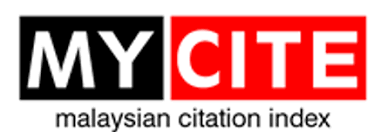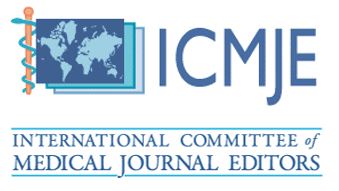Dietitian’s Role in Managing Advanced Carbohydrate Counting Education Through WhatsApp Group Monitoring: A Case Report
DOI:
https://doi.org/10.51200/bjms.vi1.5022Keywords:
Diabetes, Advanced Carbohydrate Counting, LADA, T1DMAbstract
Carbohydrate counting is essential in diabetes education. The COVID-19 pandemic disrupted the continuation of diabetes care, prompting the Queen Elizabeth II Hospital’s Endocrine Team to establish the Advanced Carbohydrate Counting (ACC) WhatsApp Group monitoring programme in 2020, with dietitians as the primary educator. We present a case involving a 31-year-old woman with a suspected case of Type 1 Diabetes Mellitus (T1DM). At clinic referral, she was primarily treated for Latent Autoimmune Diabetes of Adults (LADA) with an initial Hba1c of 12.3%. ACC was initiated involving collaboration between a Dietitian, Endocrinologist and Diabetes Educator with an Insulin-to-Carbohydrate-Ratio (ICR) of 1:7.5g carbohydrate and Insulin-Sensitivity-Factor (ISF) of 1:3 mmol/L. A virtual clinic consent form was filled by the patient and ACC education was delivered using a standardized booklet. Insulin dosing was basal Glargine at 10 units and Novorapid as per ICR. The patient reported real-time calculations of insulin dosing for all meal intakes, along with photos of food and pre-meal blood sugars via WhatsApp. Carbohydrate-containing foods were weighed to ensure ACC compliance under the Dietitian’s monitoring. Multiple ICR and Glargine dose adjustments were made until blood sugars stabilized by Day 16. The patient was discharged from the monitoring program on Day 23 with ICR 1:6g carbohydrate and Glargine at 18 units. The patient’s documentation progress was kept in the medical note. Endocrine Clinic 3-monthly review confirmed T1DM diagnosis and improvement in HbA1c (7.5%). Real-time ICR/ISF calculations for ACC monitoring facilitated patient cooperation and boosted confidence in daily self-management. Establishing strong patient rapport and ensuring reliable internet coverage were crucial factors for maintaining patient compliance. Monitoring ACC for LADA and T1DM is challenging. However, favourable outcomes are achievable through multidisciplinary expertise in carbohydrate counting and insulin dosing. This case highlights the practicality of WhatsApp-based monitoring to enhance diabetes care during the pandemic and beyond, potentially benefiting other T1DM patients.
Downloads
Published
How to Cite
Issue
Section
License
All articles are published under the Creative Commons Attribution-NonCommercial (CC BY-NC 4.0) license, enabling users to read, download, copy, distribute, and adapt the material for non-commercial purposes, provided proper credit is given to the original authors and the source. This model supports transparency, accessibility, and the global exchange of medical knowledge.








1.png)





